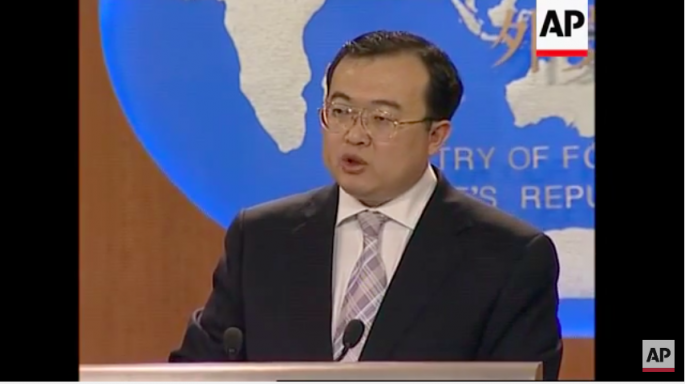China stood firm in its resolve to eradicate corruption in the government as its anti-graft bureau, the Central Commission for Discipline Inspection (CCDI), invited over a hundred foreign envoys for them to learn more about the government's anti-corruption mission. The foreign envoys were encouraged to pay a visit to the commission and to interact with anti-graft officials.
According to a report from China Daily, Wu Yuliang, the commission's deputy secretary, as well as Xiao Pei, the vice-minister for supervision, joined Liu Jianchia, the commission's director of international cooperation bureau, in briefing diplomatic missions representatives of 113 countries and representatives of 13 offices of international organizations located in China.
Many of those representatives participated in the briefing by asking questions on the subject, and expressed their admiration for China's desire in expunging corruption, describing it as "an outstanding political accomplishment."
"The event has sent a message of openness and transparency," the Greek ambassador to China, Mr. Leonidas Rokanas, said of the briefing.
One question that was asked during the briefing was about the impact of China's determination against corruption on economic development.
"We have drawn a conclusion that anti-graft work will not impact the economic development, but help regulate the market and maintain a sound order," the commission's deputy secretary answered as quoted.
Earlier, World Bank released a report predicting China's resilient economy for 2017, despite a tad lower economic growth at 6.5 percent from last year's 6.7 percent. One of the factors that affected such lower growth is China's transition to consumer-oriented economy.
In fact, it has been predicted that local companies would soon outweigh foreign multinational corporations in hiring China's next generation of leaders. And as China shifted its economy to invest more in providing services to consumers, its drive to cleanse the government of corruption would fit the picture perfectly.



























